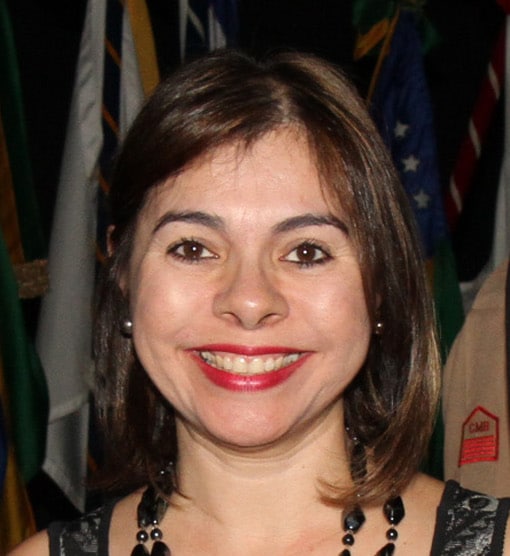A teacher’s journey to proficiency – Part 2
Deciding to write about my journey with English has taken me on a trip down memory lane, and some other teachers said they had the same impression when they read part 1. This is extremely motivating since I think this kind of reflection helps us realize how far we have come and it might prompt us to make more progress.
On that note, passing the first exam back in the day proved to be a catalyst for change in the sense that it enabled me to see that I was not able to speak English and do well only in the context of the language school I had studied. I used to feel quite comfortable talking in English with my teacher and a few classmates, but simply contemplating the possibility of interacting with a stranger in a foreign language would send shivers down my spine. So in hindsight, the certificate did show me that I still had a long way to go, but it also reassured me, as I acknowledged that I was significantly more independent as a speaker – now more inclined to make eye contact as well.
Being a creature of habit, I couldn’t wait to start taking classes to prepare for the next exam. This time, my teacher explained, the gap we need to bridge between FCE and CAE is considerably larger, so you will need to develop your communication skills even further. There was nothing else I wanted to do more at that moment. Motivation was at its peak. I felt ready to start.
We basically followed the same approach and chose a coursebook to develop both language and exam skills. From the first class, I was able to see the difference. This was no picnic. Some tasks were different; the reading sections were much longer, as were the texts I was supposed to write. If during the preparation for the first exam I only had difficulty getting on with a few tasks, this time I felt like I was struggling with all parts of the exam. Everything seemed to have become extremely challenging.
Meanwhile, I was also finding it hard to cope with university. I was in my second year, and had started dipping a toe in the waters of academic research, an opportunity I had largely thanks to having taken FCE, by the way. I had a lot on my plate and although I was really enjoying university, I can’t deny it was quite an overwhelming experience for me at the time. This is typically what happens to most students who start university, so one must take their time to process everything. As a result, I wasn’t able to devote my time to studying for the exam as much as I wished.
Another year of preparation went by and I saw myself registering for an exam again. There were so many things going through my mind, and I was worried I wouldn’t be able to focus on the task(s) at hand. Suffice it to say, I didn’t do as well as I was hoping. I did pass the exam, which is an accomplishment in itself, but I wasn’t awarded the grade I had been aiming for… And that’s okay. You know what they say: disappointed but not surprised. I was aware of the fact I hadn’t put in enough effort to get the grade I wanted, and perhaps this shows I was not precisely at the level I would like to be.
In retrospect, I would say that the approach chosen to study for this more advanced exam was possibly not the most effective one. Now that I am considerably more acquainted with what exam preparation generally encompasses, I agree with the idea – shared by some fellow teachers – that coursebooks aimed at preparing candidates to sit an exam have a tendency towards developing exam skills, to the detriment of language development. In other words, one might argue that only using a coursebook to prepare for a proficiency exam is not enough to improve your level of English. Therefore, focusing on developing the language you will deal with on the day of the exam seems to be equally, if not more important than knowing what to do in each task. This, in my experience, makes a big difference.
Next time, I plan to discuss more ways to prepare for proficiency exams with a focus on language development.
Exam preparation tips from my experience:
- Relying solely on an exam coursebook may not be enough to improve your level of English.
- Knowing how much time and effort you will be able to devote to studying and preparing for the exam helps you set more realistic goals.
- Three examples of inversions from the previous post: I) Barely had we begun our classes when she decided to have ‘the talk’; II) And, boy, was I in for a treat; III) Not only had I achieved my biggest linguistic goal at the time, but I also had been offered a glimpse of the long way I had to weave through words, sentences and sounds in order to develop my communication skills in a foreign language.






